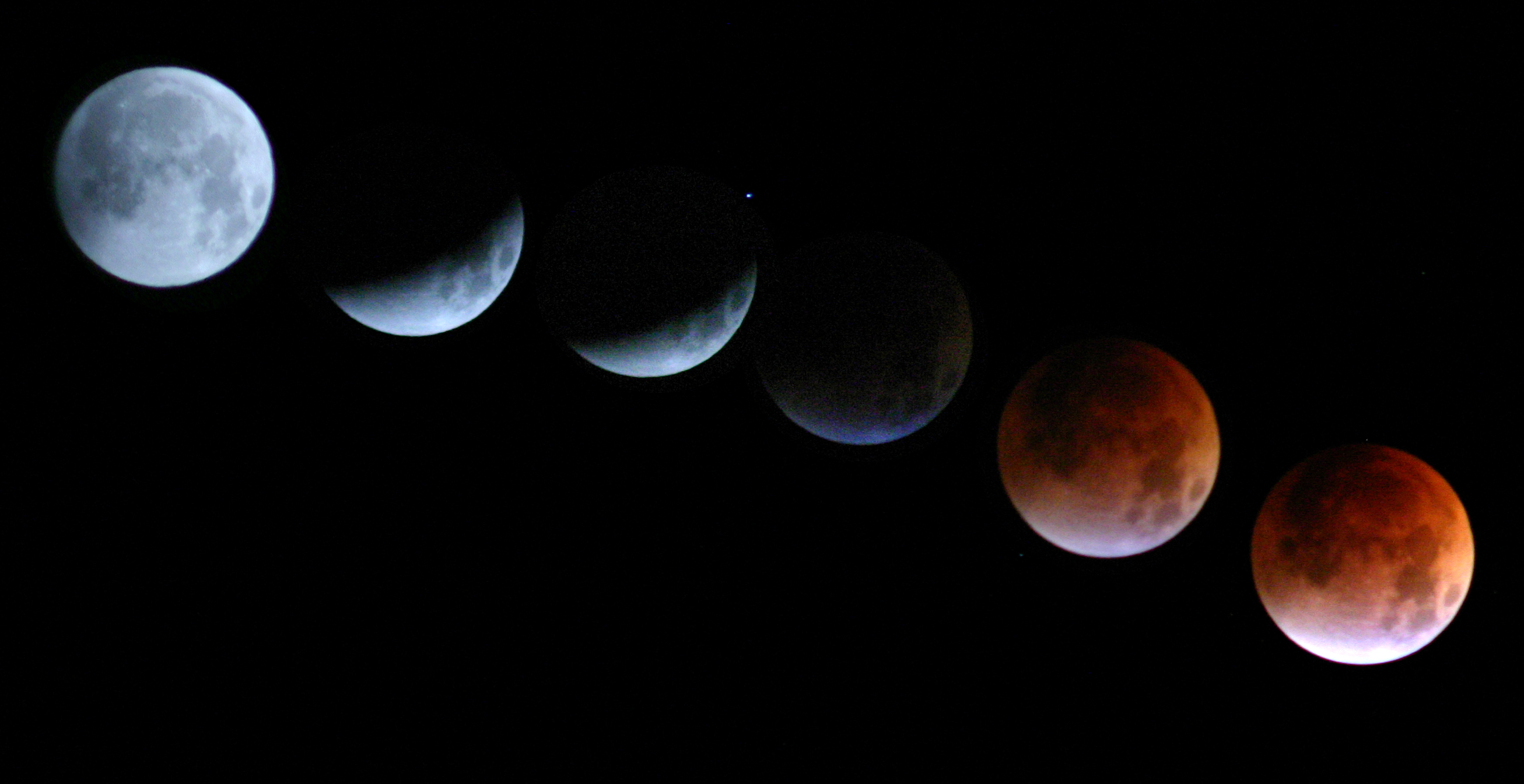
Hawkins / Absolutheit
Inhaltsverzeichnis: (verbergen)
 Montage von Bildern der totalen |
|
Absolutheit schwingt auf der Bewusstseinsebene von BW 650, während die Wirklichkeit des Absoluten in der menschlichen Domäne bei BW 1000 liegt (die höchstmögliche Ebene für einen Menschen auf Erden). Mit Absolutheit meint Hawkins "Absolutismus" bezüglich Wahrheit, Wirklichkeit und Fakten. Absolutheit sagt aus, dass sich der vorhandene Wahrheitsgrad auf das Abso-
Der moralische Relativismus [BW 185-190] spricht die Existenz des Absoluten und der Wahrheit an sich ab und unterstellt, dass Wahrheit sich nach dem richtet, was ein Individuum oder die Gesellschaft für wahr hält. |
Relativism as described is represented in the "mean green meme".
Absolutism (authorianism) as described in represented the "blue meme".
See also: Spiral Dynamics chart
Einsichten
|
|
Personal avowals
Appeal / Recommendation
Conclusion / Warning
Insights
Critique on D. Hawkins' absolutism
|
Literary quotes
Englische Werke
Links zum Thema Absolutheit / AbsoluteLiteraturLiterature (engl.)Externe Weblinks
External web links (engl.)
|
Wiki-Ebene
1 Lewis Carroll Quotes: Alice in Wonderland, presented by the publication Thought Co. ⇑